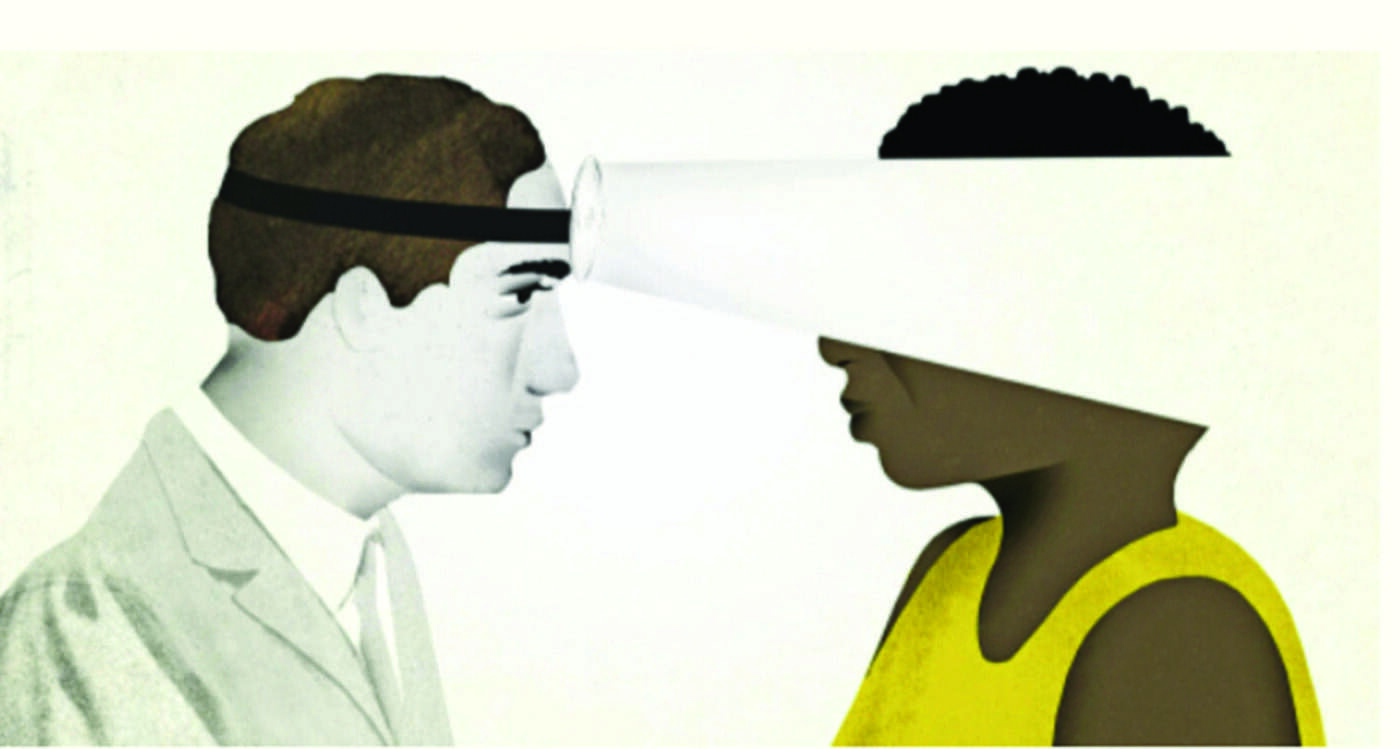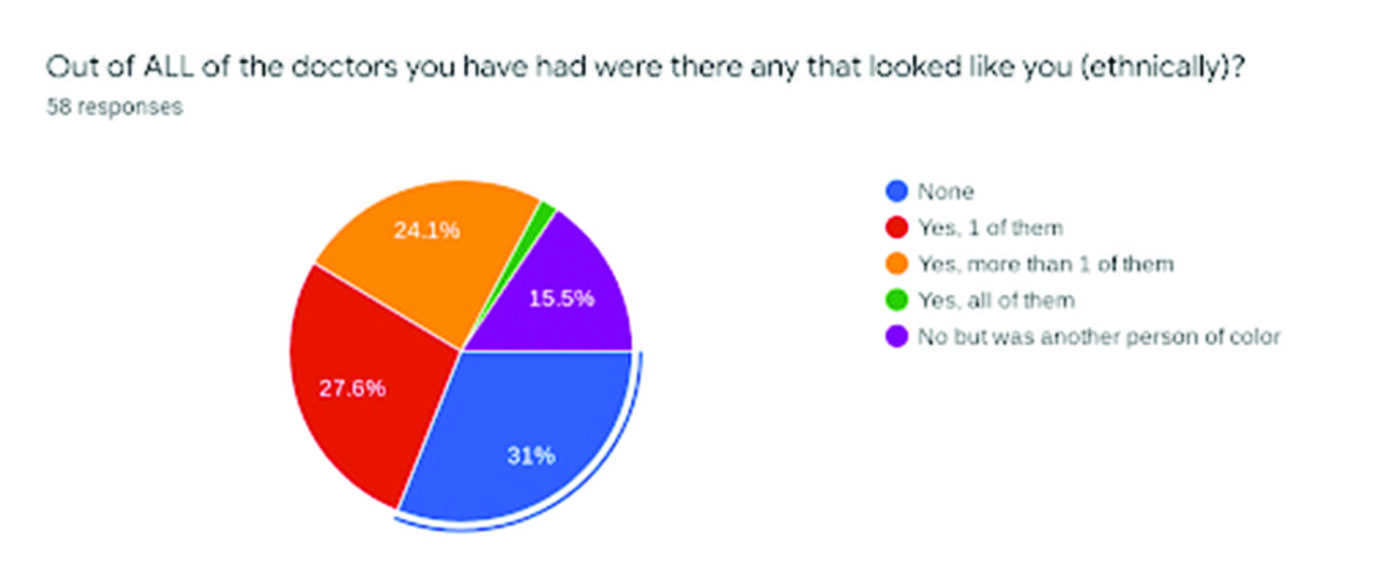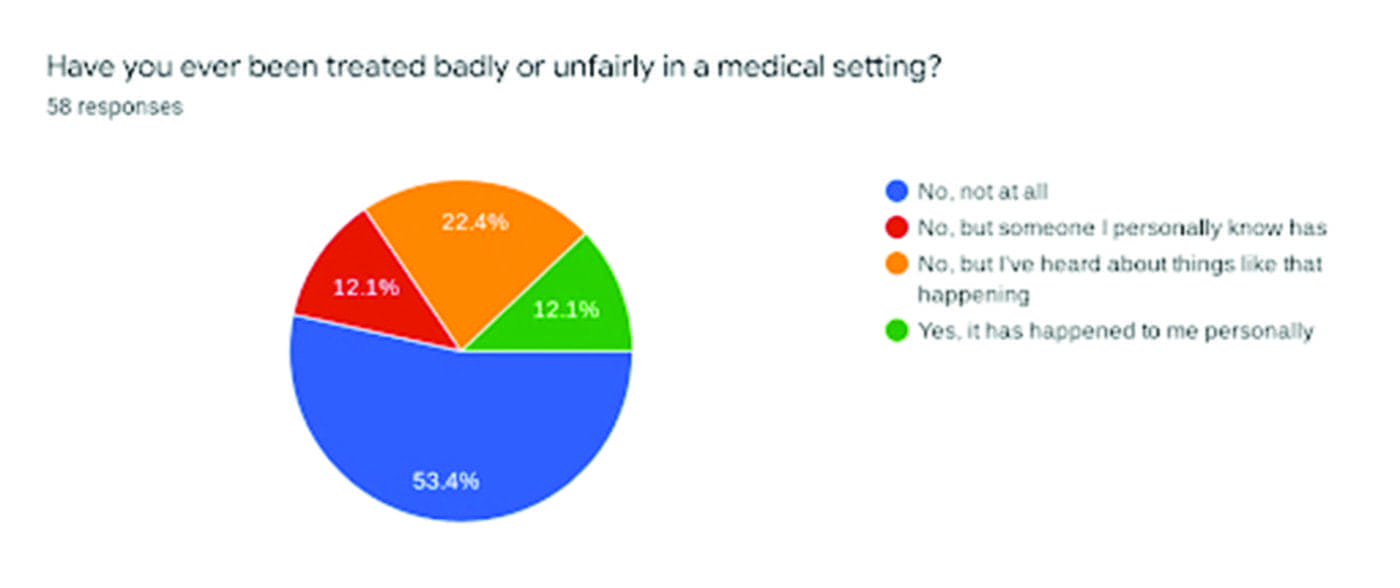
by Saije Awoyefa
A new Oprah Winfrey documentary, “The Color of Care,” only confirms what many people in our community already know: People of color (POC) experience racism in the medical industry pretty often. I have family members and close friends who have dealt with medical racism.
Hearing their stories really rubs me the wrong way and makes me more conscious about what is really going on in the medical industry. There are POC getting mistreated every day not because of their color, but because many doctors believe in the myth of white supremacy.
Racist medical mistreatment dates back to the 1800s when white men practiced medical procedures on enslaved Africans. This would happen without the consent of these enslaved Africans and also without any type of drug to keep them from feeling the excruciating pain of what was being done to them.
These white doctors believed that Black people have thicker skin and skulls than white people do. They also thought that Black people had stronger nervous systems, which meant they couldn’t feel pain. As recently as 2016, many white medical students still believed these racist myths.

I have relatives who have had racist experiences in healthcare facilities. I was told by my grandmother, Ms. Phavia Kujichagulia, an experience she had when she was younger and had to get stitches in her knee. She explains, “I had like five doctors, my mom, and nurses all holding me down, and they stitched me up with no anesthesia because they said they need the anesthesia for their white patients and Black people don’t feel pain.”
It really hurts me to know that POC go through this type of mistreatment so often and how much of an effect it has on their perspective of healthcare. Some of the injustices that POC have to go through when dealing with the medical industry include stereotyping, lack of respect and language barriers.
Racist mistreatment is due in part to underrepresentation of POC in medical leadership roles. According to the Commonwealth Fund, “In 2019, when Black and other racial minority groups made up about 39 percent of U.S. residents, they comprised only 19 percent of hospital boards and 16 percent of executive leadership roles.” This disproportionately low representation, in addition to experiences like the example I gave earlier and white doctors’ racist beliefs about their non-white patients, are why many POC don’t trust the medical industry. The history of racist medical mistreatment still weighs heavily on the perception that POC have on the medical industry.
I took it upon myself to see how this matter is affecting people today. I’ve surveyed people of all backgrounds, primarily Californians, to talk about their experiences with the medical industry. Here are their responses:

An alarming percentage of people have never had a doctor who looks like them (ethnically). Surveying 58 people, I found that nearly one-third of them have never been treated by a doctor who matched their racial identity. About a quarter of people responded that only one of their doctors was of their ethnicity. Fewer than 2 percent said all of their doctors matched their ethinic background.

Nearly half of the people who took the survey have been impacted by racist mistreatment in the health care system. When asked “Have you ever been treated badly or unfairly in a medical setting?” 12.1 percent answered, “No, but someone I personally know has;” 22.4 percent answered, “No, but I’ve heard about things like that happening;” and 12 percent answered, “Yes, it has happened to me personally.” Those three percentages together make up a grand total of 46.6 percent.
This racist mistreatment will potentially keep people from seeking medical attention. In worst case scenarios, as illustrated in “The Color of Care,” people will go seek medical attention and not receive the care that they need.
The California Reparations Task Force is currently meeting to determine reparations for Black Californians. Since there has not been any determined reparations, I suggest that one of these reparations should have something to do with the healthcare that we are receiving. We should have access to free healthcare of our choosing, and we shouldn’t be limited to just Western medicine practices. With the mistreatment that African Americans are receiving now, I think that this would only be fair. For more information about the California Reparations Task Force, you can visit: https://oag.ca.gov/ab3121.





